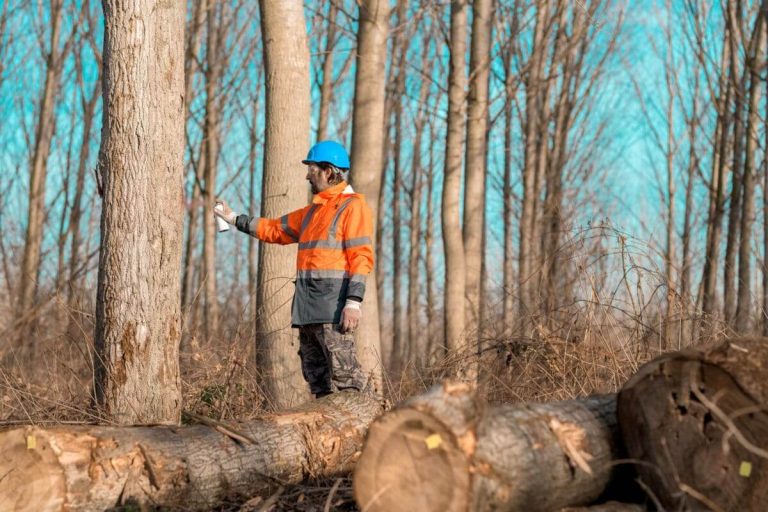High Educational Value
Nationally recognized educational quality at an affordable price.
*Source: O*Net/U.S. Bureau of Labor Statistics. Unity Environmental University cannot guarantee employment. Salary data represents averaged earnings for the occupations listed and includes workers at all levels of education and experience.

You’ll be integrating carbon management into sustainable land use planning. You will explore ecosystem services, land tenure, and decision-making with a focus on cutting carbon emissions and boosting sequestration. Using case studies, simulations, and spatial analysis, students develop skills in stakeholder engagement and policy development to advance sustainable land management, mitigating climate change impacts.

This course explores cutting-edge technologies, introducing students to remote sensing for monitoring carbon dynamics globally. You will interpret satellite imagery to map carbon stocks, fluxes, and land cover changes. Practical exercises develop proficiency in using remote sensing tools to assess ecosystem carbon balance, detect land use changes, and inform carbon management strategies.

This course takes you into the complex dynamics of carbon cycling in ecosystems and its climate change implications. You will explore processes shaping carbon fluxes, from photosynthesis to decomposition, and assess human activities’ impact on carbon balances. Through case studies, simulations, and analysis, students develop strategies to mitigate carbon emissions in the face of climate change.

Carbon ecology and management is the study and practice of understanding, monitoring, and effectively managing carbon dynamics within ecosystems to mitigate climate change and promote environmental sustainability. This field prepares professionals to develop strategies to enhance carbon sequestration, advocate for sustainable land use, influence policies, and leverage nature-based solutions.
The MS in Carbon Ecology and Management program provides students with a comprehensive understanding of carbon dynamics in ecosystems, emphasizing the integration of ecological principles with advanced carbon management techniques. Through a multidisciplinary curriculum and practical exercises, students learn to analyze spatial data sets and apply data analysis tools such as GIS and remote sensing to assess carbon stocks and fluxes.
With a focus on real-world applications and experiential learning, graduates are equipped to address pressing challenges in carbon emissions, climate change, and sustainable development across various sectors, positioning them for impactful careers in environmental consulting, natural resource management, climate policy, and conservation.
Your online education should be affordable and manageable. Thanks to our promise to keep tuition flat through 2030, you won’t be burdened with unexpected increases or fees.
Our team of distance education concierges will work with you through the admissions process to help you plan and pay for your degree. Learn more about the costs here.
The timeframe for completion is up to you! Enroll in 6 credits per term and complete the program within just one year. Alternatively, opt for part-time study by taking one course at a time. Whichever path you choose, we’re here to support your educational journey every step of the way. Contact your concierge or advisor to create your personalized plan.
Research Core: 15 credits
Major Program Core: 15 credits
For a better look into your program, view our full course catalog. Then apply online for free to get started.
The MS degree is a traditional graduate program focused on deepening scientific understanding through research and academic study. Students typically specialize in a particular field of science and learn the research skills related to their discipline.
The MS program is centered around developing a strong foundation in research and scientific inquiry:
The carbon ecology and management degree requires 30 credits with a minimum 3.0 GPA. View our full course catalog for a better look into your program. Then apply online for free to get started.
Nationally recognized educational quality at an affordable price.
Committed to sustainable practices to prepare for a future of environmental awareness.
Dedicated to turning career and academic aspirations into tangible achievements.
Fast-track your Master’s degree and finish your program in as little as one year.
Connect with experts who share your passion for working in the industry.
Ranked #1 independent university in the U.S. by the Social Mobility Index.
With up to 5 terms a year, you can take a break without jeopardizing financial aid.
Balance life, work, and education by studying when and where you want